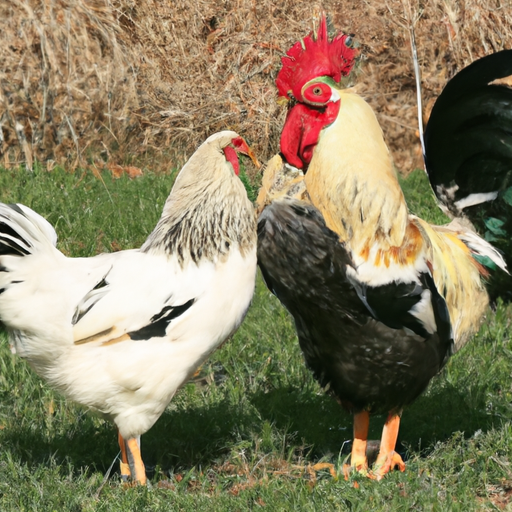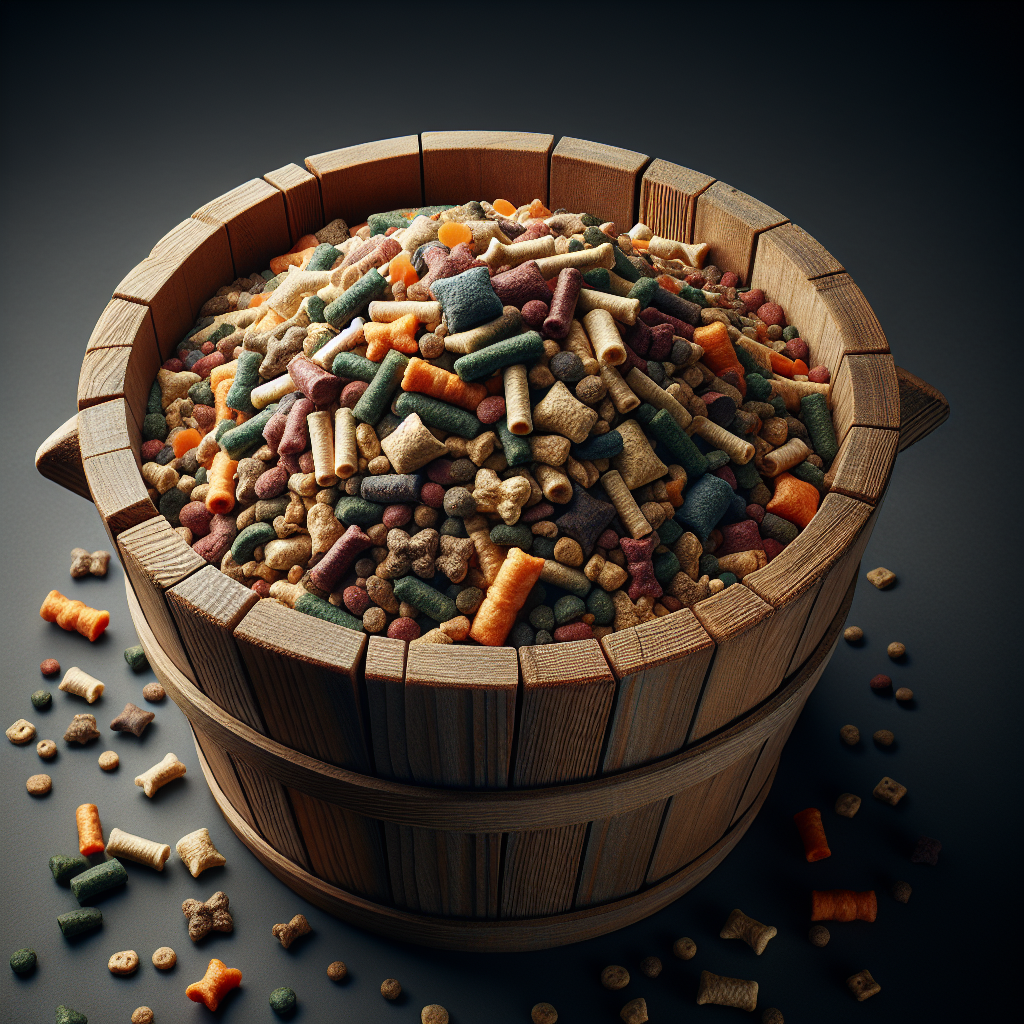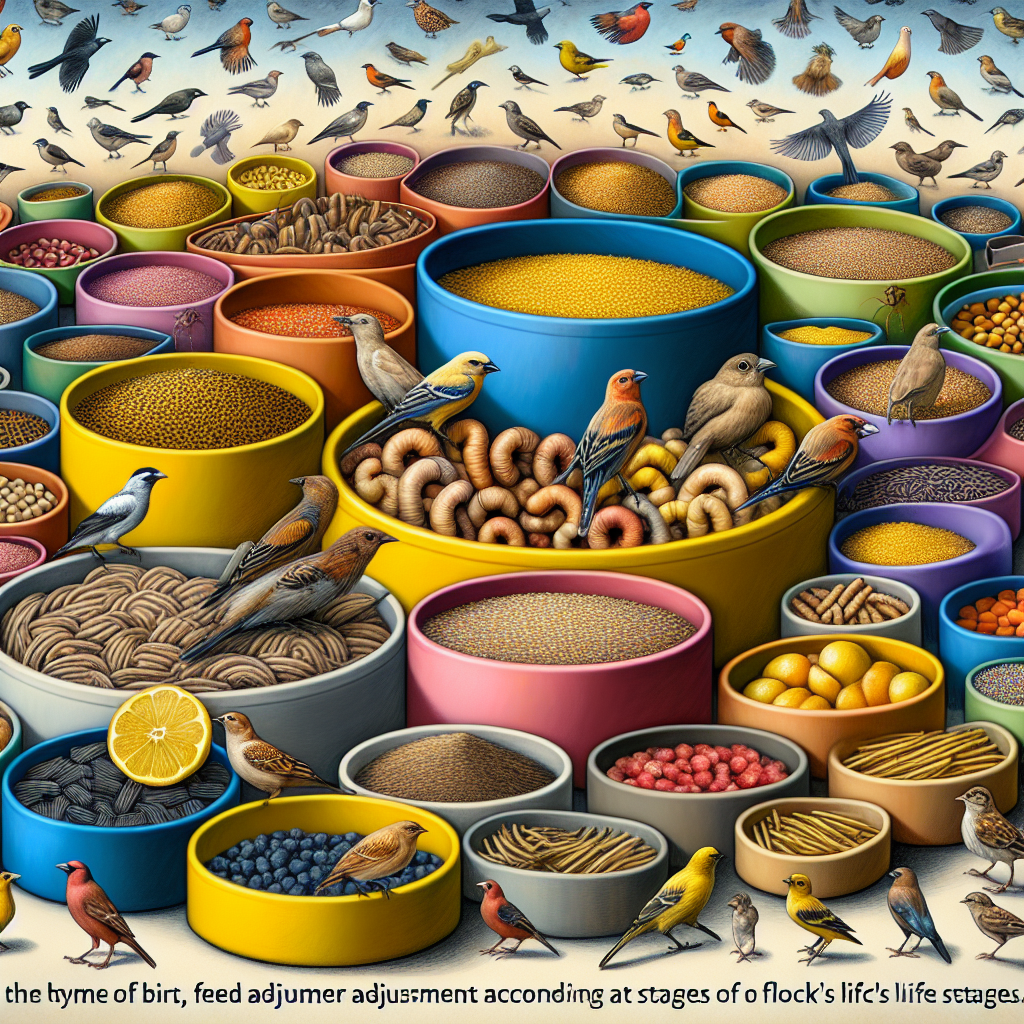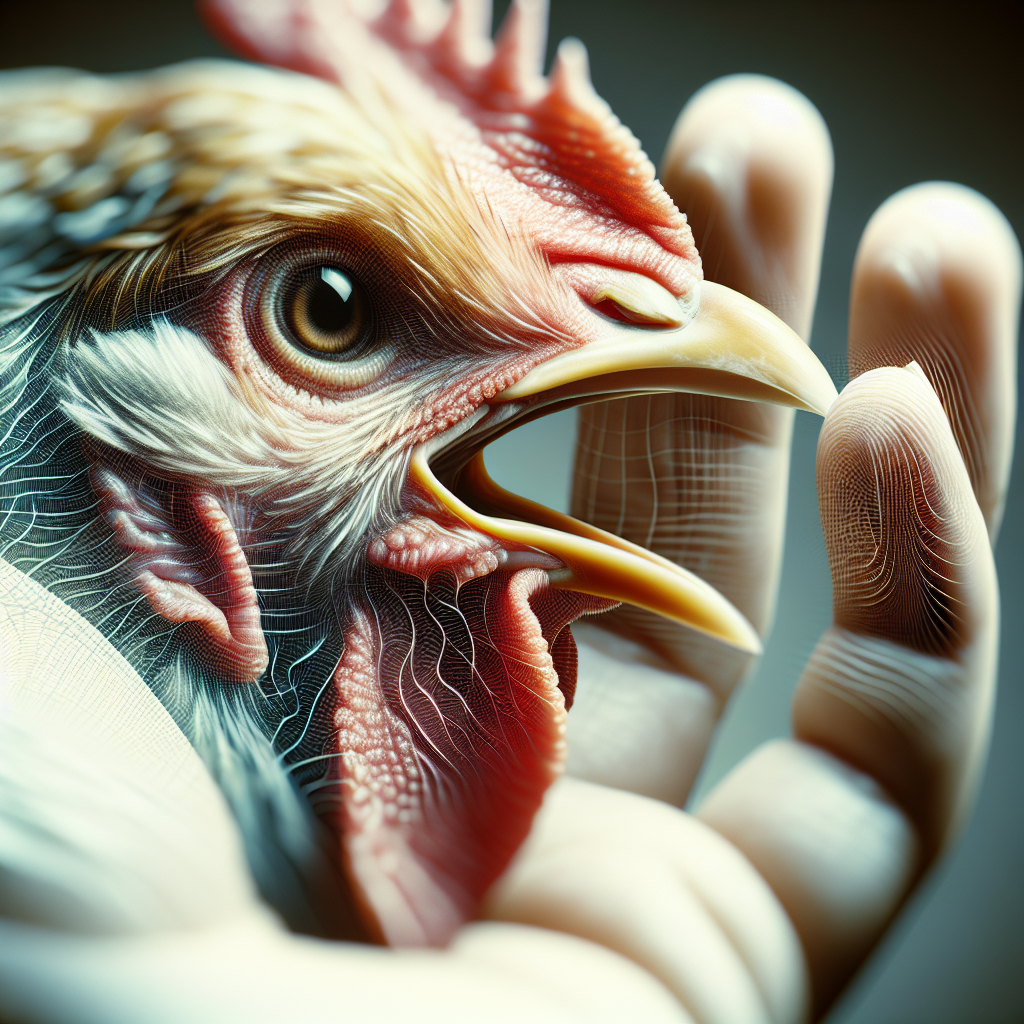Have you ever wondered about the nutritional needs of roosters versus hens? Well, look no further! In this article, we will explore the fascinating world of poultry diets and discover how roosters’ feed requirements differ from those of hens. From their protein intake to specific nutrients essential for their health, this article will provide insightful information to help you better understand the dietary needs of these magnificent birds. Whether you are a poultry enthusiast or simply curious about the intricacies of avian nutrition, this article is sure to satisfy your curiosity. So let’s feather our knowledge and embark on this culinary adventure together!
Roosters and Hens: Different Needs
When it comes to feeding roosters and hens, it’s important to understand that their nutritional needs differ. While both roosters and hens are part of the chicken family, their physiology and biological functions vary. To ensure optimal health and productivity, it’s crucial to provide the appropriate feed for each gender.
Physical Differences Affect Feeding
Roosters and hens have distinct physical characteristics that influence their feeding habits. Roosters are generally larger and have more muscle mass than hens. They also tend to be more active, especially when they are looking after their flock. This increased activity level requires a higher energy intake.
On the other hand, hens are designed for egg-laying. They possess a reproductive system that allows them to produce and lay eggs regularly. This reproductive function places extra demands on their bodies, particularly their calcium and protein requirements. Understanding these physical differences is vital in meeting their specific nutritional needs.
Energy Requirements
The energy requirements of roosters and hens vary due to their differing metabolic rates and activity levels. Roosters have a higher metabolic rate compared to hens. The increased metabolic rate means that they need more energy to fuel their daily activities and maintain their muscle mass.
Hens, on the other hand, require less energy for metabolic functions but need additional energy for egg production. The energy-dense diet for hens helps them meet the energy demands associated with egg-laying. Providing the right balance of energy-rich foods is essential to support their reproductive functions and overall health.
Protein Needs
Protein is crucial for both roosters and hens as it plays a vital role in muscle development, maintenance, and repair. However, the protein requirements for roosters and hens differ. Roosters, with their larger muscle mass, require a higher protein intake to support their active lifestyle and maintain their muscle strength.
In contrast, hens require a slightly lower protein intake for muscle maintenance, but they have an additional need for protein due to egg production. The protein is necessary for the formation of egg whites, which are primarily made up of proteins. Therefore, providing the appropriate amount of protein is essential in meeting the specific needs of roosters and hens.
Amino Acids
Amino acids are the building blocks of proteins and play a crucial role in the health and development of both roosters and hens. Essential amino acids, which cannot be synthesized by the body, must be obtained through the diet.
For roosters, essential amino acids are necessary to support muscle development, repair damaged tissues, and maintain their overall physical condition. Hens, in addition to these considerations, require sufficient amino acids for egg production. Providing a diet that adequately meets their amino acid requirements is essential to ensure their optimal health and performance.
Calcium and Phosphorus
Calcium and phosphorus are vital minerals for both roosters and hens, but their requirements differ due to their distinct biological functions. Roosters require calcium and phosphorus for maintaining strong bones and overall skeletal health. These minerals contribute to their strength and endurance during physical activities.
For hens, calcium plays a critical role in eggshell formation, ensuring the eggs they lay have the necessary structural integrity. An adequate supply of calcium is crucial for hens to avoid the risk of developing weak eggshells or other egg-related issues. Striking the right balance in the calcium-to-phosphorus ratio is vital to meet the specific nutritional needs of both roosters and hens.
Vitamins and Minerals
In addition to protein and minerals, roosters and hens also require a variety of vitamins to maintain optimal health and support their biological functions. Vitamins such as vitamin A, vitamin D, and B vitamins are essential for overall growth, development, and immunity.
Minerals, including iron, zinc, and selenium, are necessary for proper cell function and various physiological processes. Water-soluble vitamins like vitamin C and fat-soluble vitamins like vitamin E are also crucial for their well-being. Ensuring a balanced diet that includes a wide range of vitamins and minerals is necessary for the health and vitality of roosters and hens.
Feeding Roosters
Feeding roosters requires careful consideration of their specific needs. Providing a complete and balanced feed is the best way to ensure they receive all the necessary nutrients. Look for feeds specifically formulated for roosters that contain the right balance of proteins, carbohydrates, and fats.
Establishing a regular feeding schedule is important to meet the energy requirements of roosters. It’s also beneficial to provide supplements that support joint health and promote proper digestion. Additionally, the option of allowing roosters to free-range provides them with the opportunity to forage for additional nutrients and exercise.
Feeding Hens
When it comes to feeding hens, their reproductive function becomes a crucial consideration. Along with a complete and balanced feed, it’s essential to provide additional calcium to support eggshell formation. Calcium supplements or crushed oyster shells can be offered to hens to ensure they receive sufficient calcium for their egg-laying needs.
A consistent feeding schedule and adequate water supply are critical for hens. Water intake is especially important for hens to maintain healthy egg production and overall hydration. Additionally, a proper diet that caters to their specific nutritional requirements will support their overall health and promote optimal egg production.
Special Considerations
Several special considerations should be kept in mind when feeding roosters and hens. Age plays a vital role, as younger birds have different nutritional needs from mature ones. Adjusting their diet accordingly will support their growth and development.
Health and medical conditions also play a significant role in determining the nutritional needs of roosters and hens. Birds with specific health concerns may require specialized diets or supplements to address their unique requirements. Climate and environmental factors, such as extreme heat or cold, should also be taken into account to ensure their well-being.
Lastly, behavioral factors, including dominance and aggression among flock members, may affect feeding patterns. Observing their interactions and providing a stress-free environment can help ensure every bird receives sufficient nutrition.
In conclusion, understanding the distinct nutritional needs of roosters and hens is crucial in providing them with optimal care. By considering their physical differences, energy requirements, protein needs, amino acid requirements, calcium and phosphorus ratios, and vitamin and mineral needs, you can ensure the right balance in their diets. Whether it’s feeding roosters with their higher energy demands or supporting hens in their egg-laying functions, tailoring their diet to their specific requirements will promote their overall health and well-being.




